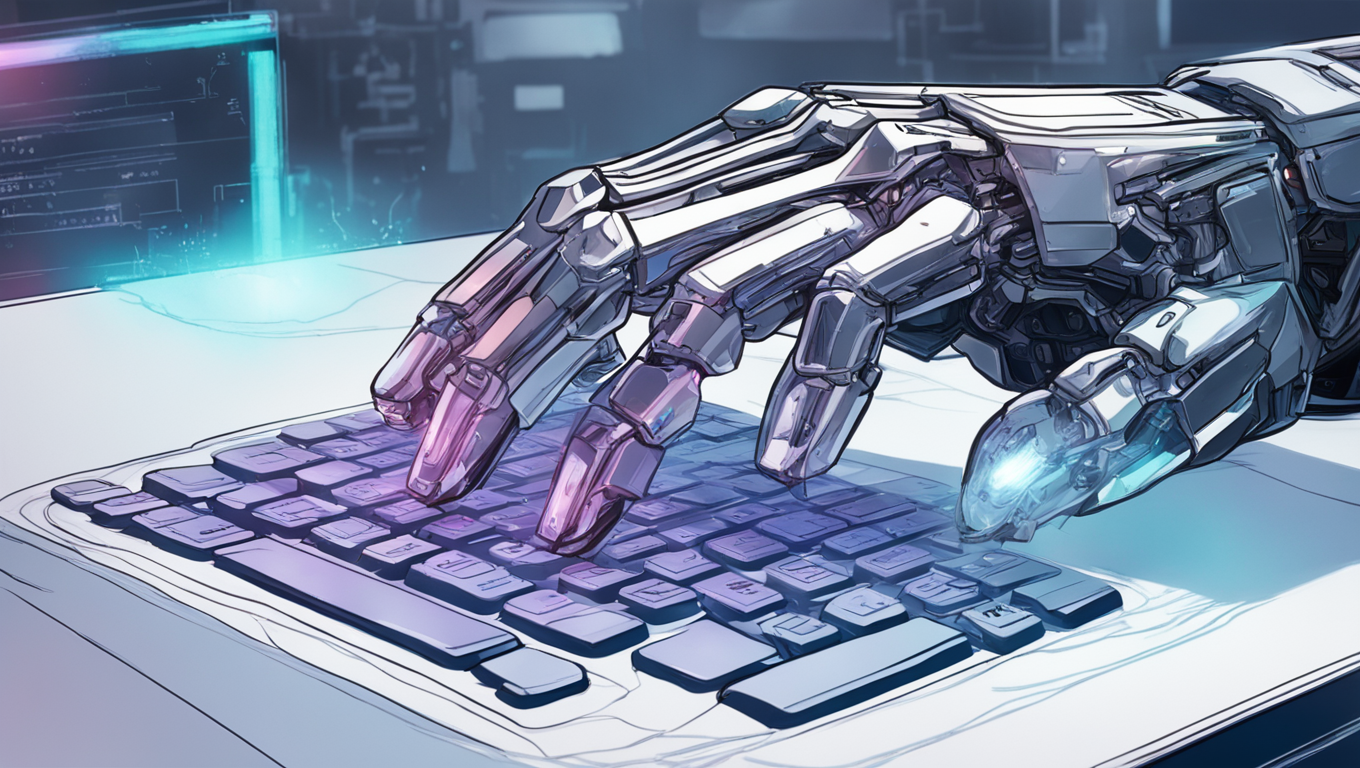Microsoft’s annual Build developer conference is an event that showcases the company’s latest innovations and technologies. This year, however, the focus was clear: artificial intelligence (AI). Satya Nadella, CEO of Microsoft, took to the stage in Seattle to announce a range of AI-driven developments. The conference came just a week after Google’s own AI-focused event, indicating that the tech giants are both placing significant bets on the potential of AI.
One of the highlights of the conference was a demonstration of AI’s capabilities in various scenarios. In a video, a chatbot played the role of an advisor in the popular game Minecraft, providing insights and tips to the player. Microsoft also showcased AI’s machine vision capabilities by using it to catalogue and sell running shoes. These examples highlight the transformative impact of AI on various industries, from gaming to e-commerce.
But it’s not just about entertainment and shopping. Microsoft unveiled Team Copilot, an AI service aimed at office workers. This generative AI service, integrated with Microsoft 365 and Teams, can manage meetings, take notes, and moderate chats. It is designed to streamline and automate tasks for busy professionals, making their work more efficient.
Furthermore, Microsoft integrated AI into everyday tools and services. PowerToys, a tool in the Windows operating system, now incorporates AI in its copy and paste operations, providing formatting assistance. The Edge browser will also benefit from AI, offering automatic translation and dubbing of video audio on sites like YouTube. While these features may not satisfy everyone’s aesthetic sensibilities, they demonstrate the growing role of AI in improving user experiences.
For developers, Microsoft introduced Azure AI Studio, a cloud-based integrated development environment (IDE) specifically designed for building AI applications. This tool aims to make it easier for developers to create and deploy AI-powered solutions. On the enterprise front, Copilot Studio offers a low-code/no-code environment for building custom agents that automate tasks like e-mail monitoring and data entry. This kind of automation is where AI truly shines and can revolutionize productivity.
Despite these exciting developments, Microsoft faced a setback during the conference. An error in the Bing API resulted in a six-hour outage for the Copilot search function, affecting third-party services as well. However, outages are not uncommon in the tech industry, and this incident should not overshadow the larger narrative of AI’s potential.
Looking beyond software, Microsoft also made hardware announcements. The company unveiled its new Surface Pro 10 and Surface Laptops 6, which will utilize Snapdragon X Elite and X Plus chipsets. This choice is significant as Snapdragon platforms are Arm-based, similar to Apple’s in-house silicon. Microsoft’s continued investment in Arm architecture could signal a shift away from x86 processors, presenting a potential challenge for Intel.
To support developers working with Arm, Microsoft introduced a developer kit in the form of a Snapdragon-powered desktop computer. This offering aims to enhance the Windows-on-Arm experience and facilitate the development of Arm-based applications. Additionally, Microsoft announced affordable “Copilot PCs,” manufactured by major companies like Acer, Asus, Dell, HP, Lenovo, and Samsung. These machines will run small language model-based (SLM) AI locally, leveraging Microsoft’s large language model (LLM) in the cloud.
One significant AI announcement from Microsoft was Phi-3, the company’s SLM AI model. Phi-3 now includes Phi-3-vision, a new multi-modal model that can process both text and images. This alternative to traditional large language models challenges the prevailing belief in their supremacy, sparking an important discussion about the future of AI.
Microsoft’s Build 2024 conference showcased the company’s unwavering commitment to AI. From gaming to productivity, AI is transforming industries and augmenting human capabilities. With AI-powered tools and services, developers can unlock new possibilities, while businesses can automate tasks and improve efficiency. Microsoft’s focus on AI suggests a future of centralized computing, even as the desktop remains relevant. The hardware announcements highlight the growing significance of Arm-based processors and their potential impact on the industry. As AI continues to evolve, alternatives to dominant models will shape the AI landscape and drive further innovation.





Use the share button below if you liked it.